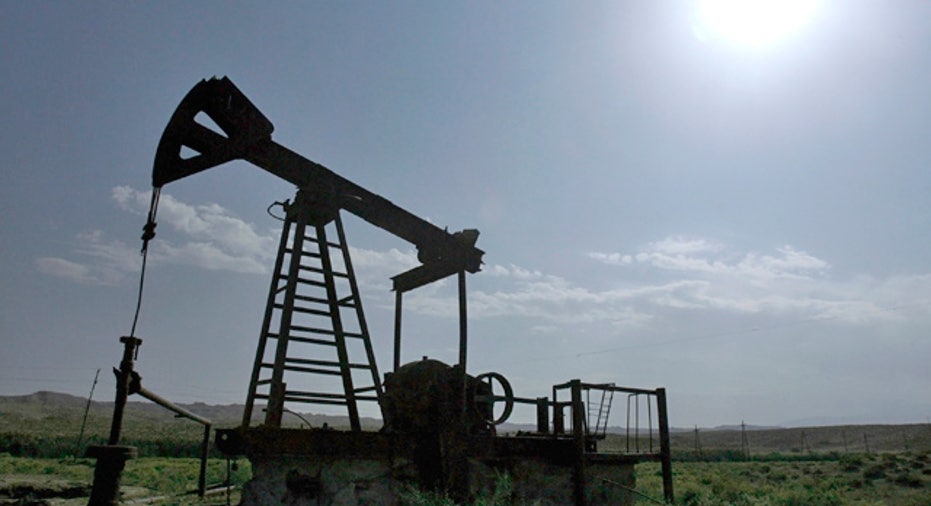Banks Warn of Oil Shortage, Growth Impact

Major banks warned on Thursday OPEC needs to act as oil prices near levels that could derail economic recovery and that an output loss from another producer after Libya would lead to global shortages and demand rationing.
Goldman Sachs issued a note saying the world would not be able to cope with another Libya-style oil production outage as Brent oil prices rallied by over $8.50 a barrel to near $120 a barrel amid unrest in Libya.
Key Libyan oil player, Italian oil firm ENI, said the OPEC member had lost three quarters of its production.
"The market cannot accommodate another disruption, in our view, with the problems in Libya potentially absorbing half of OPEC's spare capacity," Goldman Sachs' analyst Jeffrey Currie said in a research note.
"This makes the risks now associated with further contagion much higher than they were several days ago as further disruptions could now create severe shortages in global oil markets that would require substantial demand rationing".
Currie added, however, the high level of global inventory could easily accommodate a full outage of Libyan exports for more than 100 days and that OPEC spare capacity could easily absorb the entire loss if needed.
Barclays Capital said it saw no downward pressure on prices until more oil came to the market.
"Unless we see an explicit move from ... producer countries, i.e. Saudi Arabia, I don't think there is necessarily going to be any downward pressure on (oil) prices," said BarCap analyst Amrita Sen.
"STAB IN THE DARK"
Deutsche Bank said oil above $120 a barrel would be an inflection point for global economic growth.
"It (oil) is certainly edging closer to a level that is viewed by our colleagues as a key threat to global growth," Deutsche said in its morning fixed income research note.
"$120/barrel is the level that oil as a share of global GDP starts to move above 5.5% of GDP, which has historically been an environment where global growth has come under pressure."
BNP Paribas said it expected Brent to average $117 a barrel in the second quarter and U.S. crude $105. It raised annual averages by $13 for U.S. crude to $102 and by $24 for Brent to $112.
"Given the level of uncertainty, the revision is a conservative stab in the dark and marking to market with risks skewed to the upside".
BNP said any output increase by the Organization of the Petroleum Exporting Countries or release of the International Energy Agency's strategic inventories would take time to reach the market.
"The geographic scope of popular upheavals is perceived by the market to potentially extend to neighbouring countries such as Algeria, and some speculate ultimately Saudi Arabia, which holds the bulk of OPEC's spare production capacity," said Harry Tchilinguirian, head of Commodity Markets Strategy.
"When you start adding the potential number of barrels at stake, you can see why the market is tense and would rather be long oil than short."



















